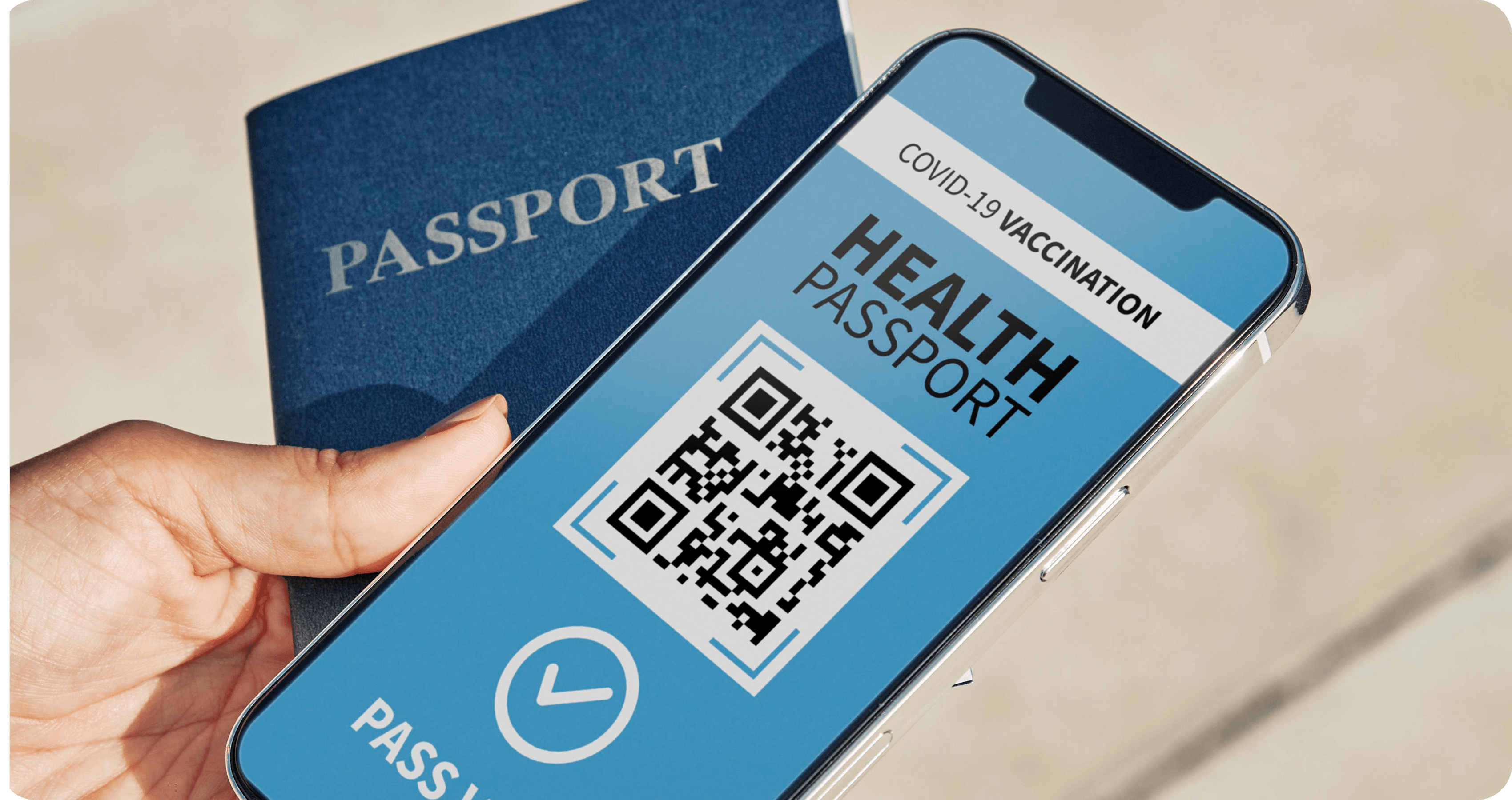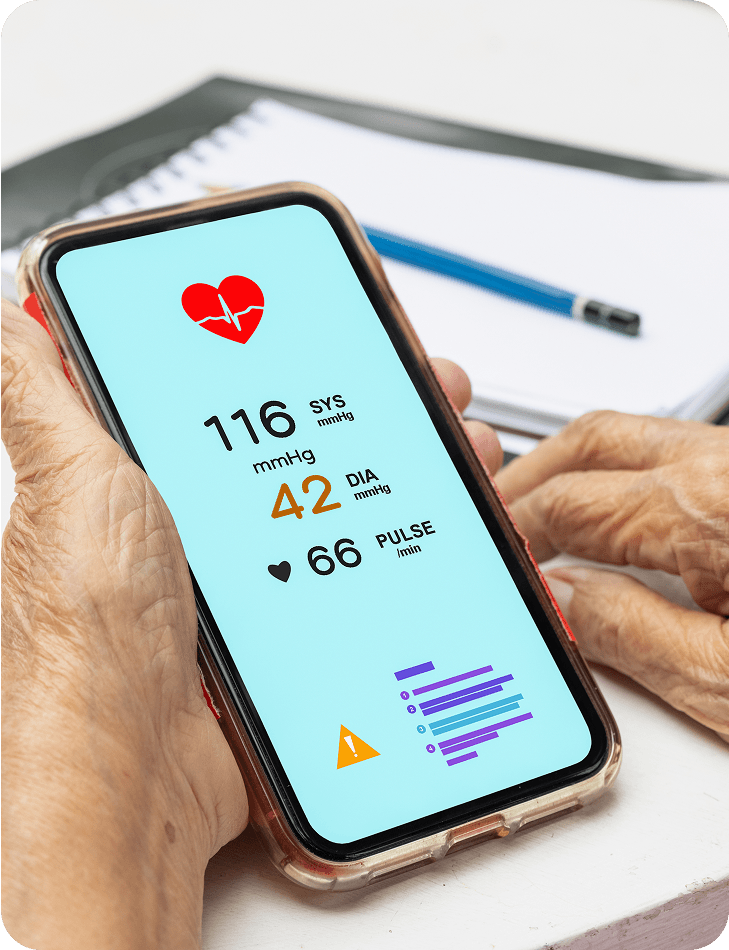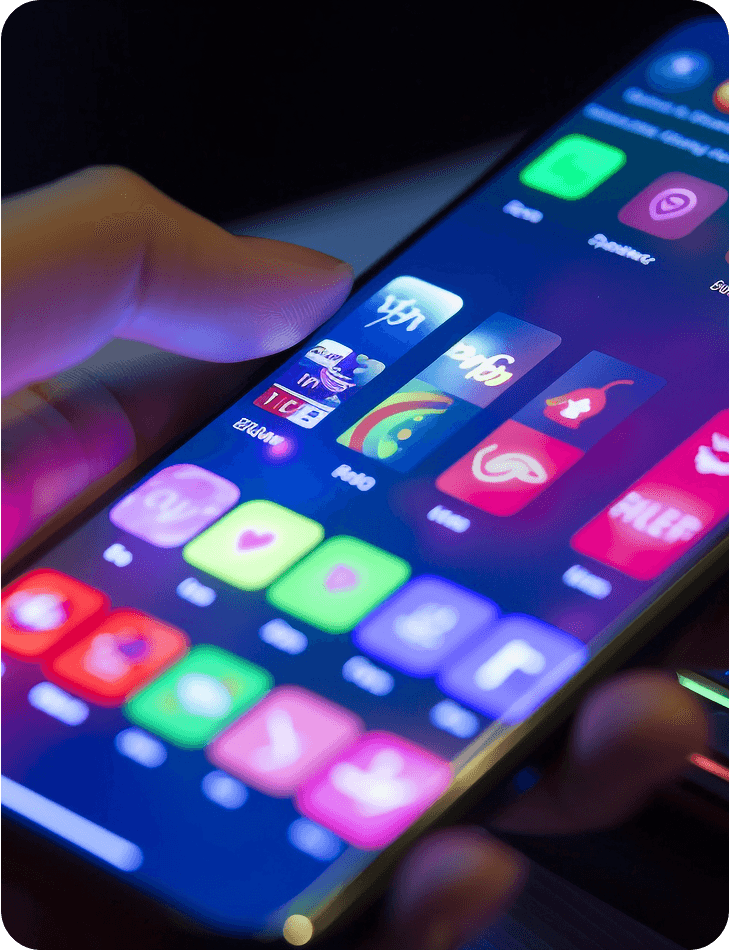Overview
Would you believe the travel industry was the most affected sector by the Covid-19 pandemic? For many years, this sector stayed in subpar condition, and throughout 2020, it was called "the worst year in tourism history." That was the case even in 2021, when international arrivals were up by just 13%. Yet, after nearly four years, the tides are turning, and recovery is on the rise.
If anything good has come out of this horrible time, it's the quickening of technology coming into our lives, and more specifically, travel apps. With the launch of travel apps, traveling and handling trips is easier than ever. The overall revenue earned by travel apps is on track to increase by 64% from 2023–2027.
Therefore, to get ahead of the competition, businesses need to stay in touch with the coming trends in travel app development. So, let us delve into the major trends that will affect the future of travel apps.
7 Travel App Trends in 2025
Travel app trends in the future are continually changing due to the rise of technology and what travelers expect. So, let's take a glance at the best travel app trends that we can expect to be the most popular in the coming years:

1. Personalization and AI Integration
Personalization will still play a part in the future of travel app trends, just not without AI. AI enables a highly personalized experience by analyzing how consumers browse a site or their social media profiles to understand behavior and travel preferences, providing a custom experience.
The most important elements are:
AI Chatbots and Virtual Assistants
These virtual agents utilize Natural Language Processing (NLP) to answer users' queries, make bookings for them, and advise on things to do — around the clock.
Machine Learning & Predictive Analytics
AI can forecast future prices for flights or accommodations based on historical data, helping travelers save money.
Intelligent search
With over 125 filters, users can search based on factors like price or interests that meet their budget and schedule.
Translators
Translation is not a barrier, as there are now apps to translate something from one language into another right on your phone, and it can be in the form of text, through speech, or even picture.
2. Augmented and Virtual Reality (AR and VR)
This technology has various beneficial uses in the travel sector, one of them being creating engaging travel experiences since it gives tourists a chance to explore the destination before arriving there. These are some of the emerging travel app trends; in fact, these are titled as the future of trip planning and navigation.
Let's look into some of the major use cases for both AR and VR:
Virtual Tours
With VR, users can access immersive virtual tour experiences such as destination and hotel walk-throughs. Travelers can also book their trips based on this feature, which helps them make better choices.
AR-powered Navigation
AR can superimpose directions and appropriate information on their screens so that tourists can navigate in real-time around airports, city grids, or tourist sites.
Real-time Text Translation
AR is used to translate signs, menus, and other content into different languages when you travel abroad.
3. Seamless Booking and Payment Solutions
According to Seamless Booking & Payment Solutions, the future of travel app trends focuses on making bookings and payments easier. Today, travelers are accustomed to convenient and quick solutions, while apps that make it easier to access essential services whenever and wherever needed have started emerging in response.
Some of its innovative features include:
All-in-one Platforms
Most travel apps have shifted towards becoming an end-to-end platform where you can book flights and hotels, hire cars, and purchase attraction tickets through one app.
Integration of Digital Wallet
Many travel apps have a digital wallet, such as Apple Pay, Google Wallet, or Paypal integration, which enables quick and secure transactions.
Cryptocurrency Payments
Travel platforms like Travala will now accept cryptocurrency Payments, but it may be an interesting option for those who use credit cards that offer Bitcoin rewards.
4. Real-Time Updates and Notifications
Given the uncertain circumstances in travel, the ability to deliver real-time updates and notifications has taken priority. These updates inform travelers of essential alerts, such as flight delays, weather disturbances, or traffic conditions.
Real-time updates are crucial, including:
Push Notifications
Push notifications give users critical information without opening the app.
Flight Status and Gate Changes
APIs allow notifications about flight schedules or gate assignment changes, which keeps travelers informed so they can avoid missed flights or long waits.
Travel Safety and Weather Alerts
With most travel apps, users can get real-time weather updates, along with alerts regarding any major mishaps that could impact their journey.
5. Security and Privacy Enhancements
As travel apps collect personal data, security and privacy concerns become more prominent. One of the most essential trends in travel apps is ensuring the protection of personal data and adhering to privacy regulations.
Key security features include:
Data protection Compliance
Apps must comply with regulations like GDPR (General Data Protection Regulation), CCPA (California Consumer Privacy Act), and PIPEDA (Personal Information Protection and Electronic Documents Act) to ensure user data is safeguarded.
Encryption and Two-Factor Authentication
These measures ensure that personal and financial data is stored securely and protected from unauthorized access.
Identity Verification
Platforms like Airbnb verify identities to build trust among users, showing verified accounts with profile badges.
6. Social Integration and Community Features
The travel app features of social integration and community-building processes are becoming future trends in the travel industry. Apps are becoming more social, giving travelers a platform to exchange travel tips and share experiences.
Key features include:
Social Media Sharing
Apps integrate with platforms like Facebook, Instagram, and X (Twitter), allowing users to share their travel experiences and recommendations.
In-app Communities
Apps like Tripadvisor offer forums where users can ask questions, give advice, and discuss travel topics with other travelers.
7. Voice Search and Assistants
Voice search on voice assistants is one of the key future trends for travel apps. Travelers increasingly use virtual assistants like Siri, Alexa, and Google Assistant to make organizing and managing trips easier.
Some convenient features of voice search include:
Hands-free Planning
A travel assistant can research destinations, book hotels, or check flight statuses without manual input.
Personal Reminders for Bookings
Assistants can send notifications about upcoming reservations and include important details.
Quick Language Translation
When visiting a foreign country, voice search helps translate words or phrases quickly for easier communication.

Learning the Future Travel Trends for Continued Business Growth
To stay current and on top of trends, travel businesses need to adopt these tech advances, which is only possible through investing in travel app development. In order to succeed in an era when travelers demand increased connectivity, not aligning with these travel app trends is simply not an option. When you enlist the help of app development services from a travel applications development company like CodeDTX, your mobile app will be better primed for modern functions rather than just current in-demand features.





